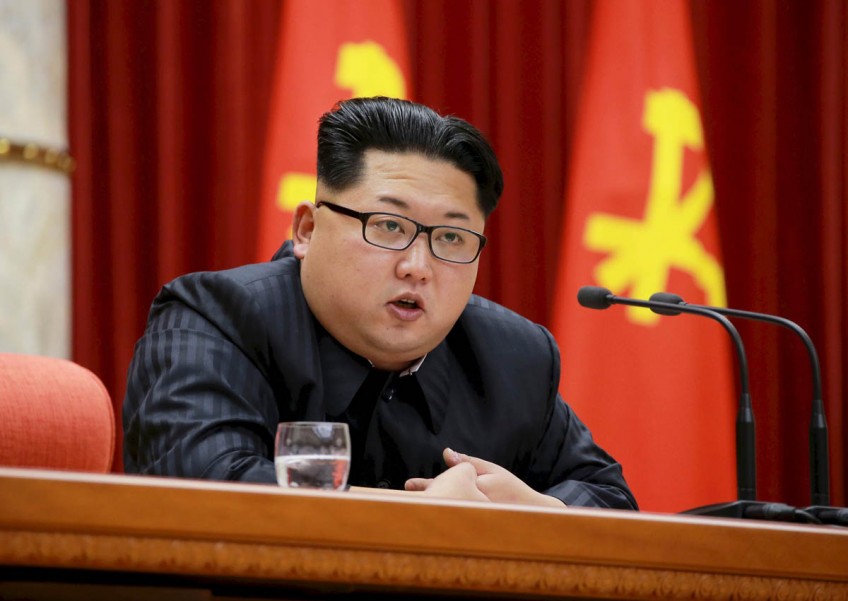What China's humiliation by North Korea means for East Asia

The great Roman orator Cicero, addressing his political enemy Catiline, once asked: "To what extent will you continue to abuse our patience ... Is there no end to your unbridled audacity?" That question is raised afresh by Pyongyang's remarkable display of insolence to its sole treaty ally, China.
Pyongyang's recent nuclear and missile tests were a double humiliation at a time when Beijing was trying to revitalize frayed government and party-to-party ties with Pyongyang.
Last October President Xi Jinping dispatched the fifth-ranking member of the Standing Committee, Liu Yunshan, to Pyongyang to participate in the 70th anniversary of the Korean Workers' Party. Over four days, Liu was seen publicly with Kim Jong Un. Rumours circulated in Beijing that amid improving relations, Kim Jong Un might visit Beijing.
Then came Pyongyang's 4th nuclear test -- the first time Beijing had received no advance warning. Next, just days before the missile test, Xi dispatched his top nuclear negotiator, Wu Dawei, to Pyongyang seeking to prevent another North Korean missile launch. On arrival he was greeted with the announcement that Pyongyang would launch a satellite in early February.
Considering that China is North Korea's principal ally, accounting for 90 per cent of its foreign trade and is the chief provider of most of its fuel and food, this was a remarkable display of contempt.
What this behavior shows is that Pyongyang has correctly judged that it has license: that however much Beijing wants a denuclearized North Korea, its policy priority remains to assure a stable North Korea and it will endure substantial damage to its strategic interests if necessary.
Click here to read the full story.